Haqqani's lawyers to 'boycott' Memo commission's proceedings on Friday
Haqqani will raise objections with Supreme Court over proceedings of Memo Commission after it presents report.
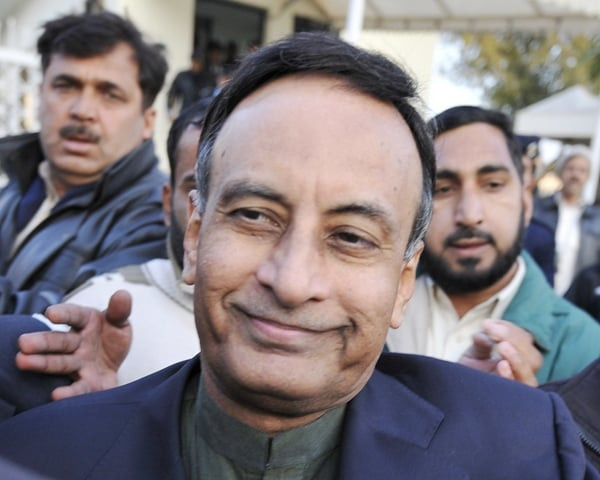
They alleged that the commission has only facilitated Mansoor Ijaz, the central character in the Memogate scandal, by allowing him videoconferencing facility and also conducting examination of his Blackberry handset on his terms in London.
“If the commission was interested in finding the truth, it would have allowed not only Haqqani but also General James Jones and Admiral Mike Mullen to give statements by videoconference,” they claimed.
Haqqani’s representatives maintained strong objections to what the commission termed forensic examination. According to them, forensics must be conducted in a forensics laboratory by an expert accepted by everyone.
Forensic examination of Ijaz’s electronic devices including BlackBerry handsets was carried out by forensic experts at the Pakistani High Commission in London on May 10, 2012, under the supervision of the secretary of the commission Raja Jawad Abbas. The examination had been ordered by the Memogate Commission on May 5, 2012.
Haqqani’s legal representatives said that Ijaz was allowed to show his handset to an expert at the Pakistan High Commission in London and then take his handset back with him. They claimed that terms of reference for the forensic examination were based on Ijaz’s conditions. They further complained that the selection of forensics expert was not conducted through a transparent procedure. They, however, said that these and other objections will be raised before the Supreme Court, once the commission presents its report.
They argued that legally, Haqqani had never refused to provide evidence and withdrew from proceedings only after he was not given opportunity to record statement in the same way as another witness in the case.
The commission had rejected an application from Haqqani to record his testimony to the commission via a video link from the Pakistani High Commission in UK in the presence of the commission’s secretary. Justice Qazi Faez Isa, chairing the commission, had ruled that threats cited by applicant were not credible enough to constitute a life threat, hence no case could be made for recording testimony via videoconference.
Haqani's lawyers said that several of the Commission’s decisions including rejection of documents submitted by Haqqani and refusal to allow him to record statement by videoconference could be the basis for legal challenges later both in Pakistan and international courts on grounds of failure to provide Haqqani equal treatment.
These lawyers point out that Mansoor Ijaz’s documents were all accepted into evidence and any technical shortcomings such as absence of notarisation were allowed to be corrected. All of Haqqani’s submissions were rejected summarily on technical grounds such as signature not being on each page or telephone company not submitting bills directly, without affording a chance to the respondent to address the technical objection.
The Supreme Court has extended the term of the commission by four weeks on May 10, 2012 to complete its findings.

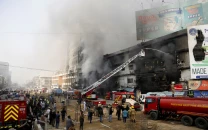
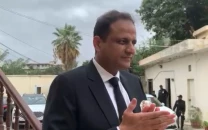
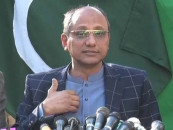
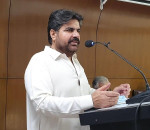
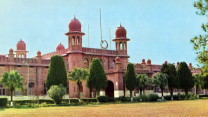
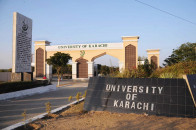


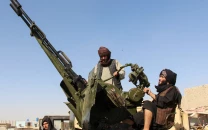

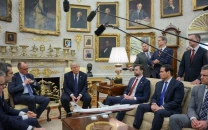
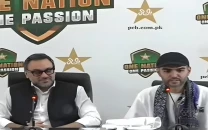






COMMENTS
Comments are moderated and generally will be posted if they are on-topic and not abusive.
For more information, please see our Comments FAQ